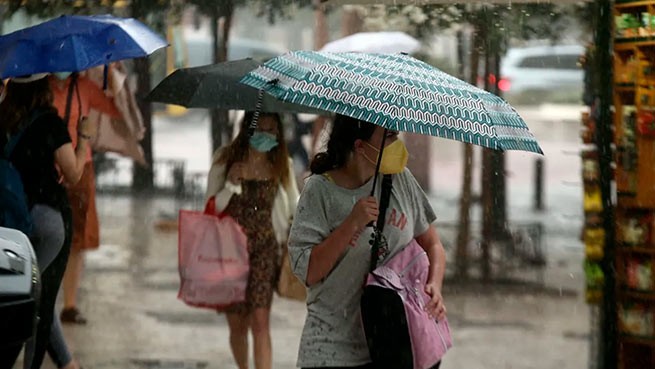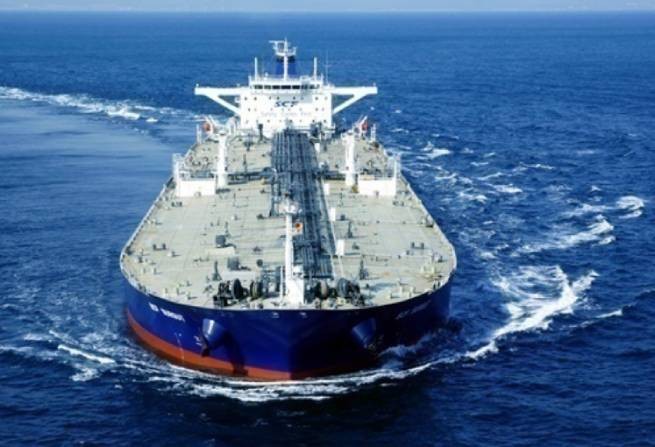Russia is not ready to sell oil to India for rupees, but India insists on this. The Central Bank of the Russian Federation has issued an unspoken ban on accepting rupees as payment for oil.
About the differences between the two countries tells November 27 Reuters, citing sources. Since the imposition of Western sanctions, one of Russia’s most lucrative oil trading routes, Indian, has been facing a serious problem over the form of payment.
For decades, the US dollar has been the currency of international oil trade, with attempts to find an alternative thwarted by conversion difficulties and political obstacles. After the refusal of European clients, India became the largest buyer of sea oil from the Russian Federation. In July, she insisted on payment in rupees, and the problems worsened – trading activity came to a virtual standstill.
Sources claim that Russian oil suppliers cannot enter into agreements in Indian rupees due to unofficial instructions from the Central Bank of the Russian Federation, which refuses to accept this currency. Earning income in non-convertible currencies has little value outside India. Russia has very limited ability to spend rupees as its imports from India are negligible, another source said.
In mid-August, two major Russian oil companies threatened to divert about a dozen tankers carrying up to a million tons of oil bound for India to other destinations. As a temporary solution to the conflict, the cargo was paid for in a combination of several currencies: the Chinese yuan, the Hong Kong dollar and the UAE dirham pegged to the US dollar.
However, the challenge of finding a viable alternative to the US dollar remains, and problems affect consumers in Africa, China and Turkey, which have become the largest buyers of Russian oil. But the biggest problem concerns India, which buys more than 60% of Russian sea oil.
Reuters writes that the problems are likely to get worse as trade controls tighten.







More Stories
Modern Germans are far from the most hardworking in Europe
Georgia: Opposition leaders were brutally beaten by security forces (video)
Congressmen warn ICC about sanctions because of Netanyahu